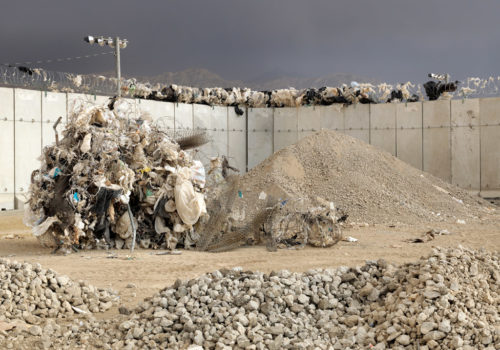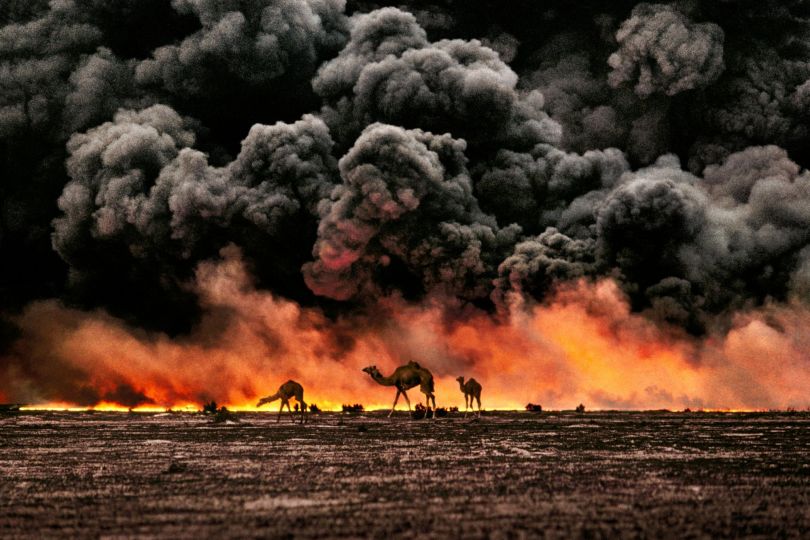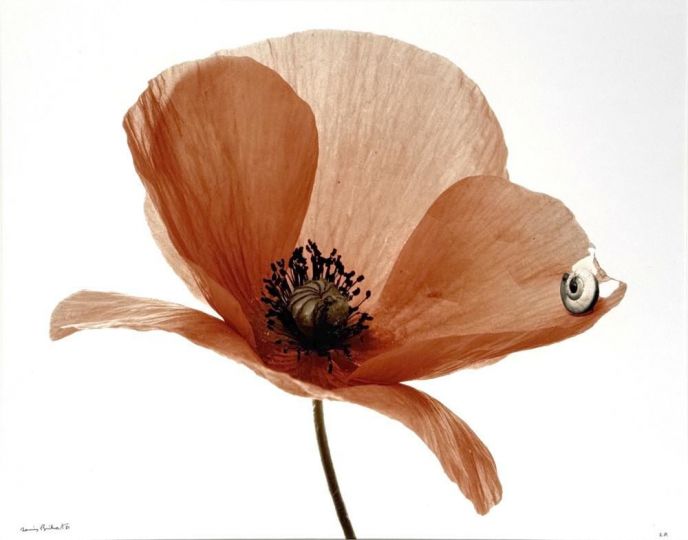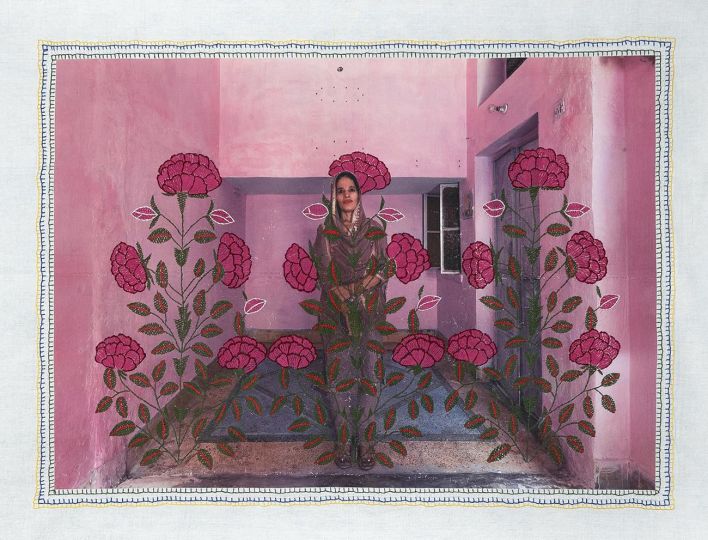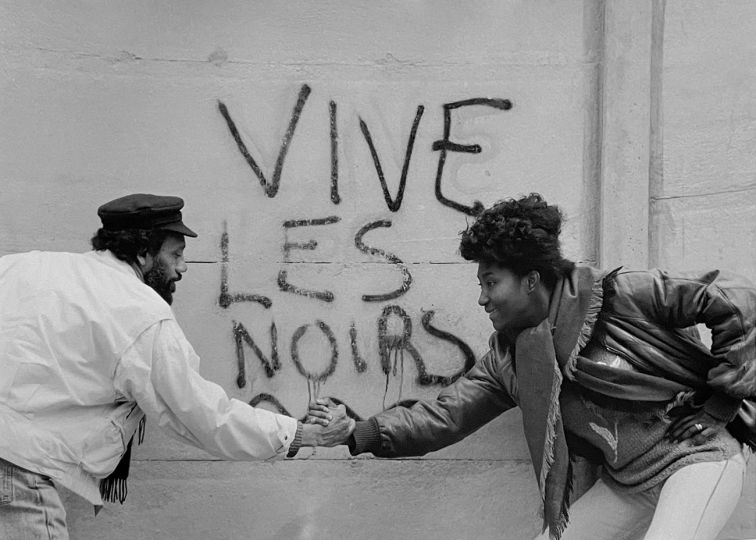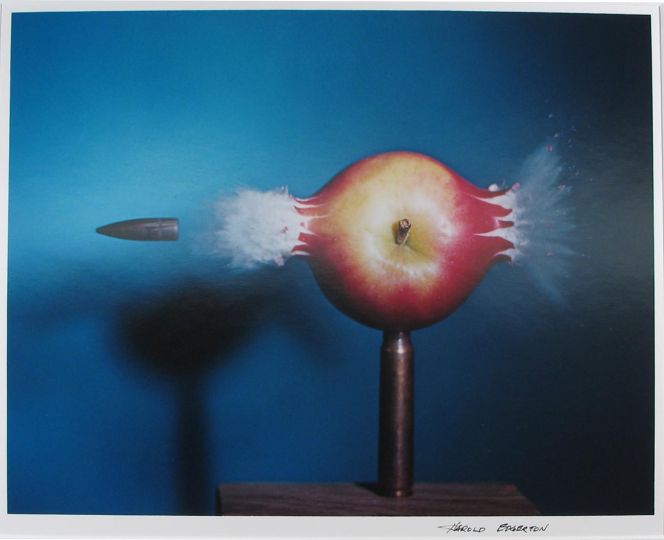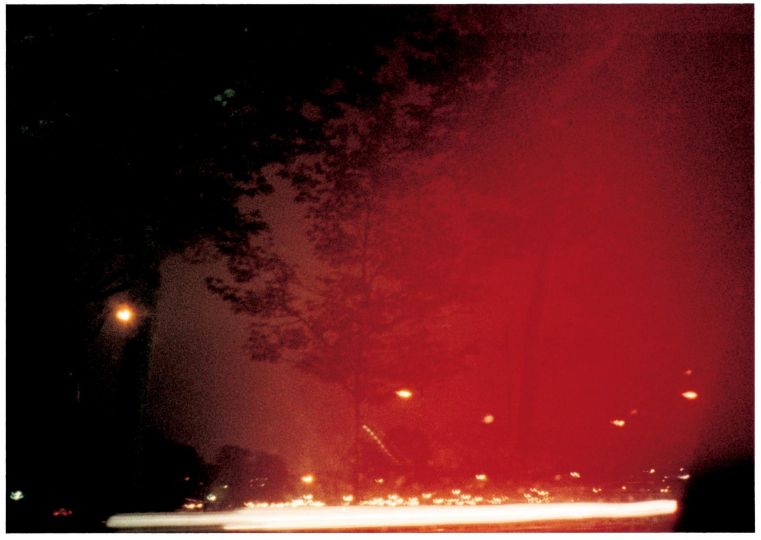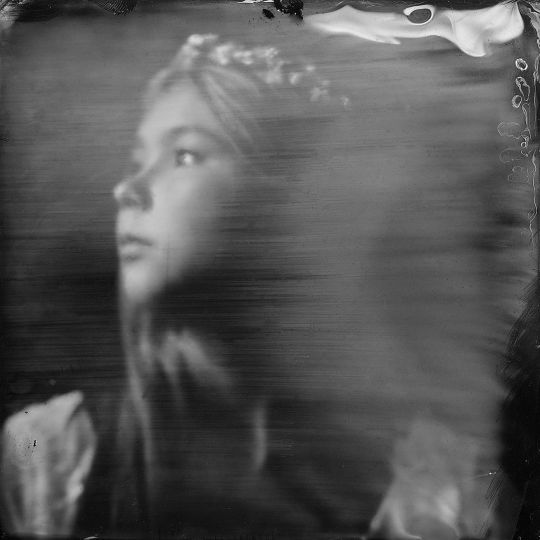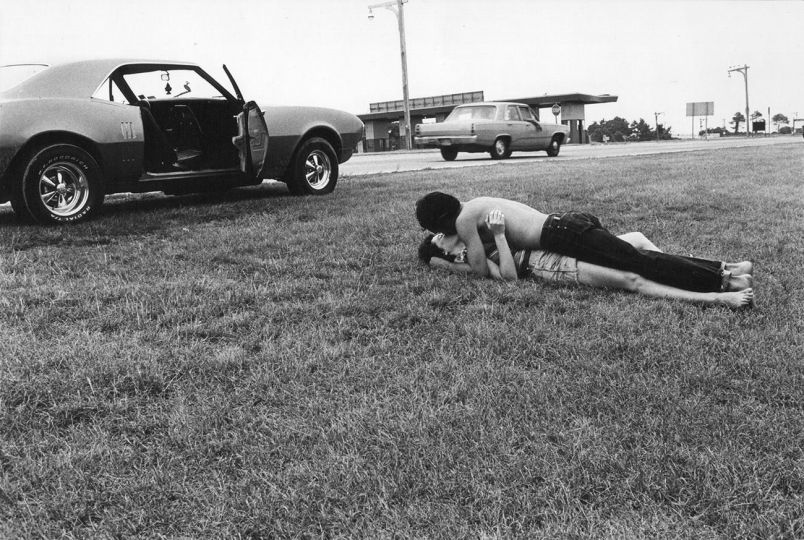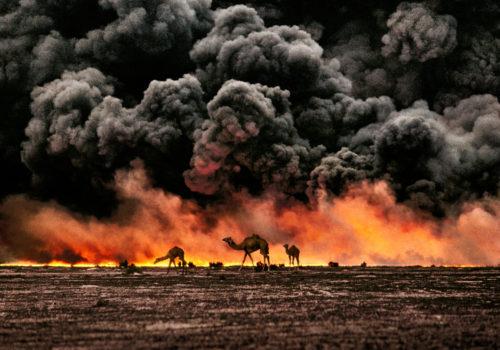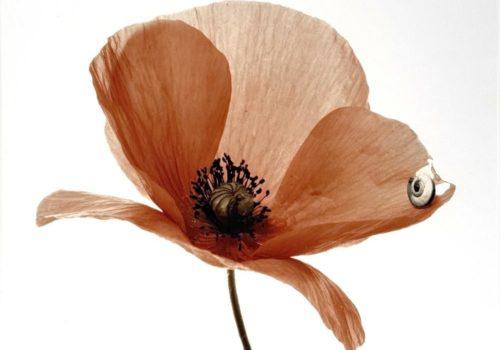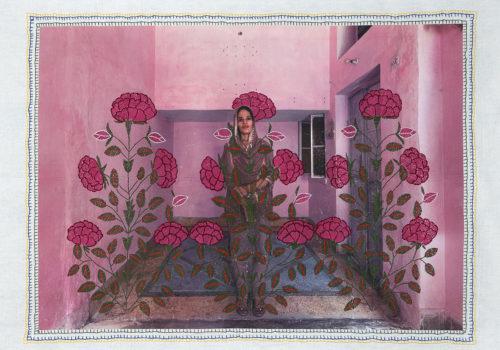Edmund Clark
Virtue Unmann’d: Dulce et Decorum Est
British artist Edmund Clark has been exploring subjects focused on incarceration and controls in the War on Terror through his work. His projects trace ideas of shared humanity, otherness and unseen experience through landscape, architecture and the documents, possessions and environments of subjects of political tension. He links history, politics and representation in his work and has received critical acclaim for his projects such as “Guantanamo: If The Light Goes Out”, “Control Order House” and most recently “The Mountains of Majeed.”
For the Dubai exhibition, Surveillance.02 Clark will premiere a new audiovisual work in progress, “Virtue Unmann’d: Dulce et Decorum Est” Developed in collaboration with Monica Alcazar-Duarte the work explores concepts of honor and sacrifice in relation to the use of American drones in North and South Waziristan, Pakistan,
“Responding as an artist to the unseen, unreachable battlefields of the Global War on Terror is challenging. International media organisations cannot easily access the region nor do they show the graphic footage of destruction recorded and posted to the Internet by Waziris. What’s more, with no western military boots on the ground, no body bags come to trouble domestic audiences. Unmanned aerial vehicles are often praised for their precision. Yet, extensive accounts from Waziristan report inaccurate intelligence, double tapping (striking once then bombing rescuers), targeting funeral gatherings, significant numbers of deaths among women and children, and defining enemy combatants, significant numbers of deaths among women and children, and defining enemy combatants as any male aged 15 – 70.
‘Dulce et Decorum Est’ is the title British poet Wilfred Owen gave his 1917 poem about the horror of the new technology of gas in World War One. It is taken from a longer phrase translating as, ‘Sweet it is and the honourable to die for one’s native land’. The Latin ode it comes from, by Horace, promises that Roman youth who train and die fighting the Parthians will achieve immortality through their sacrifice
In falconry the word ‘unmanned’ describes a bird of prey that has yet to be trained to come to a human’s arm. In literature, ‘unmanned’ can suggest virginity, a state of psychological imbalance, and a lack of manliness.
I first made the connection between Owen, Horace, and unmanned aerial weaponry in 2011, when I read a quote by British Air Chief Marshall Sir Brian Burridge referring to the use of such arms as leading to ‘virtueless war’ where soldiers will have ‘no emotional connectivity to the battlespace’. In Islamabad I met villagers from North Waziristan who spoke of the dishonourable and cowardly killing of their relations by drones and their anger at not being able to seek revenge face to face.
The imagery in the piece all originates from Waziristan. Noor Behram, a Waziri photographer and journalist contributed some material; the rest is camera phone footage posted to the Internet by Waziris, and 1937 archival footage from a Waziri uprising to drive the British out of Waziristan. This largely forgotten operation involved the use of propaganda, intimidation, and the aerial bombing of Waziri villages and crops.
The accompanying soundtrack for the piece comprises a recording by one of two Waziri poets I worked with in Peshawar in 2012 to create a Pashto version of Horace’s ode, a Latin version recorded by a Professor of The Classical Tradition at Oxford University, and nineteenth and twentieth century English translations recorded by actors in London. These voices come and go through the looped film as reminders of cycles of shared histories of propaganda, radicalisation, technology, and war.”
Edmund Clark
EXHIBITION
Surveillance.02
From March 13th to April 30th, 2015
The screening of World Brain is on Tuesday 24 March at 19:00
East Wing
12 Limestone House, Ritz Carlton Annex
Dubai International Financial Centre, Dubai
UAE
Phone +971 50 553 3879
[email protected]
Gallery hours are: Saturday – Thursday, 10AM – 3pm & 5pm – 8pm.

